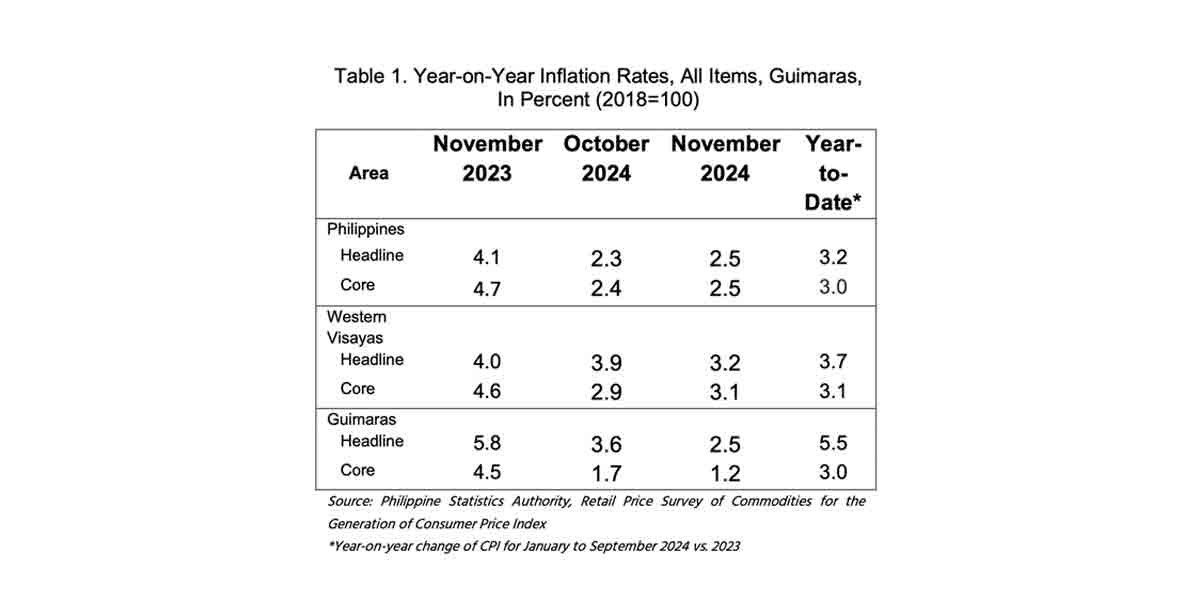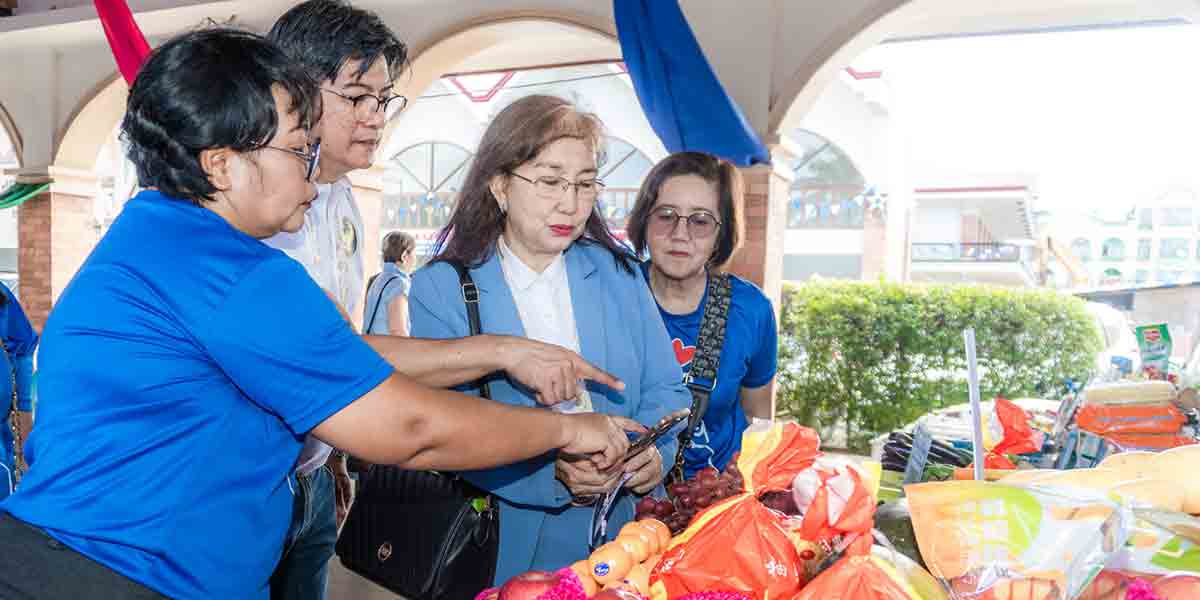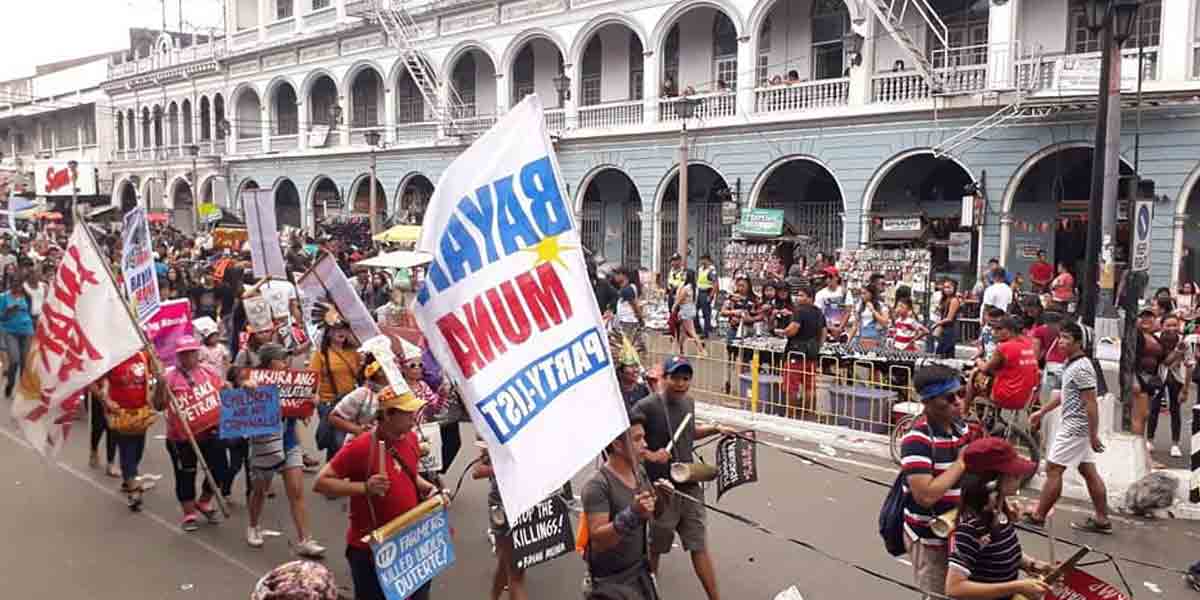By Herman M. Lagon
EARLY next year, we will be marking the 38th anniversary of the EDSA People Power Revolution—a pivotal event in the history of the Philippines and the world. Yet, unlike previous years, the current administration has decided this Friday, October 13, not to declare February 25 a national holiday. This decision, if indeed final, is regrettable, given the significance and the impact of the EDSA revolution, both then and now.
In 1986, over a million Filipinos participated in peaceful demonstrations along EDSA. The demonstrations spanned four days, leading to then-president Ferdinand Marcos’ departure, ending his 20-year presidency. This revolution was not just an event in the country’s history but a powerful message of change that resonated across the globe. It was a shining example of a nonviolent, bloodless protest. Not a single shot was fired during the four-day revolution. Since then, many similar revolutions have occurred globally, with the Philippines’ example demonstrating the potential for a nonviolent protest for regime change.
The anniversary of the Power Revolution, traditionally celebrated on February 25, commemorates this pivotal moment of nonviolent protest calling for a change in government. While it has been a special non-working holiday since 2002, it depends on the proclamation of the sitting president. This year, President Ferdinand Marcos Jr., the son of the ousted dictator, has decided not to declare it as such.
Nonetheless, amid this seeming attempt to dilute the significance of the “People Power,” the real “hindi-bayad” expression of unity of the Filipino people, we call upon the new generations to remember and learn from the EDSA revolution, seeking the truth behind this significant event. We urge the youth and the rest of the concerned Filipinos to understand their rights as citizens and fight against oppression. We encourage the older generation to recount their EDSA experiences and breathe life into the memories of the peaceful revolution through their stories. The lessons of EDSA can help us discern that the enemy of democracy is oppression, revealing that the primary culprits behind social injustices are abusive officials and their cohorts who, fueled by corruption and greed, wield their power and influence with impunity and arrogance alongside those well-intentioned individuals who choose to remain deaf, mute, blind, or dumb.
There is a danger when the narratives of our past are manipulated or obscured. Even progressive legislators, academicians, political scientists, professionals, clergies, media persons, influencers, and people in the margins often point out that school textbooks, social media bots, and government apologists are now obscuring the truth about EDSA, even glorifying those who oppressed the people during the martial law era. This distortion of history is dangerous, as it can repeat the dreadful events of the past.
It is essential to remember the lessons from EDSA. As my “woke” and like-minded friends and colleagues in different schools, institutions, and interest groups expressed almost synchronously, we must remain idealistic, stand up for what is right, share what we have, and continue having faith in our people and the country.
The decision not to declare February 25 a special non-working day is hard to ignore. It raises questions about how we, as a nation, value our history and the struggles that we have overcome. The EDSA People Power Revolution was a significant event that marked the end of dictatorship and the beginning of democracy in the Philippines. It is a part of our history that we should never forget.
We must keep the memory of EDSA alive, not just in our holidays but in our consciousness as a nation. Teaching its significance should start with parents, educators, and leaders. Over three and a half decades have passed, and the EDSA revolution remains a testament to the power of the people who unite to effect change. Let us not let this lesson fade into the background of our busy lives. Who knows? It might come in handy in the near future.
***
Doc H fondly describes himself as a ‘student of and for life’ who, like many others, aspires to a life-giving and why-driven world that is grounded in social justice and the pursuit of happiness. His views herewith do not necessarily reflect those of the institutions he is employed or connected with.

























